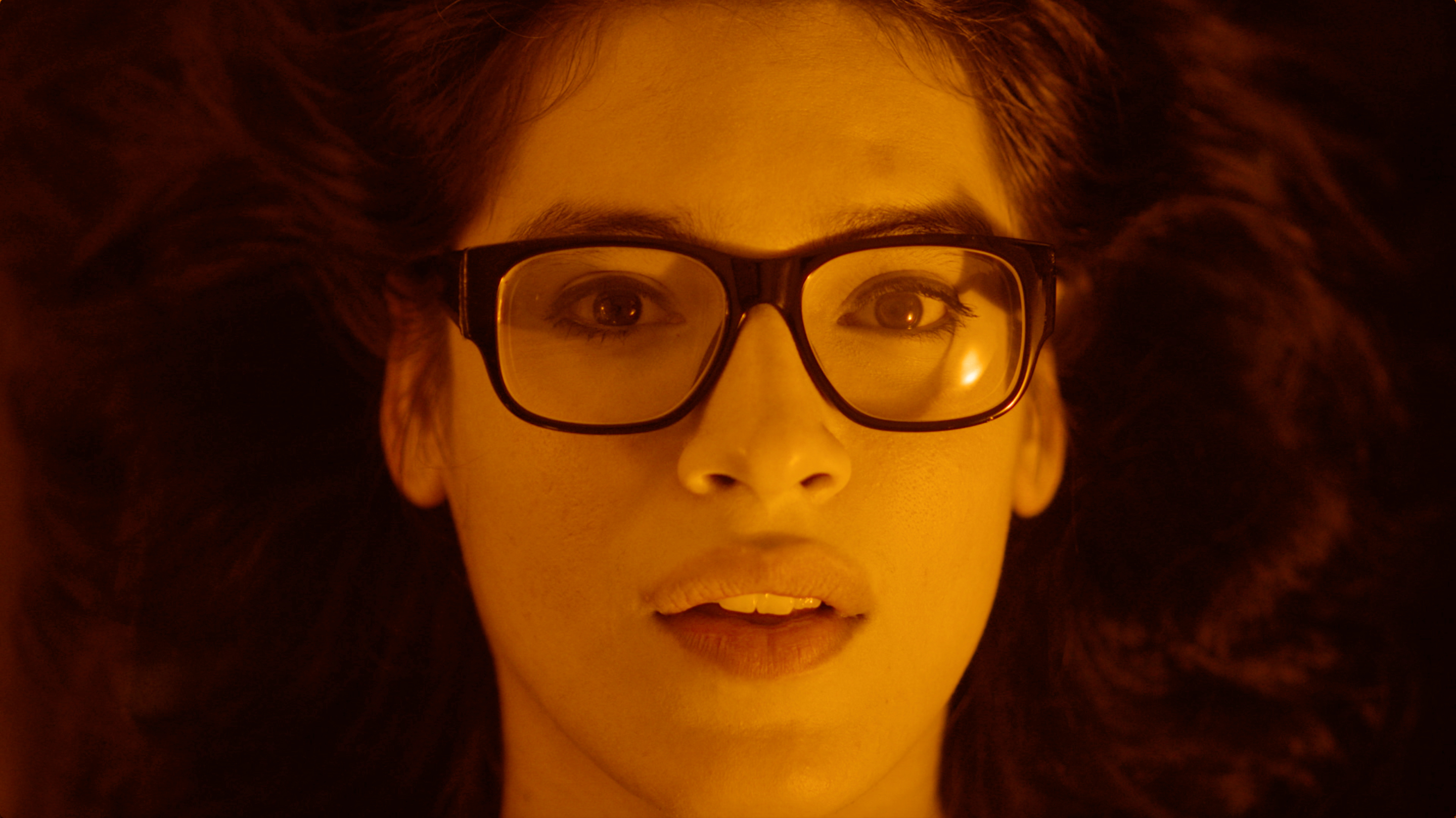
Director Flavio Alves and actress Carlie Guevara joined Solzy at the Movies to discuss The Garden Left Behind during the 2019 SXSW Film Festival.
This interview got a bit crazy. Not in a bad way mind you but more so because a fire alarm went off while it was taking place. This was definitely a first to say the least. Anyway, we did the final minutes of this interview outside of the hotel. I would have loved to talk longer but I needed to get to another film.
The Garden Left Behind managed to take home a SXSW Audience Award in the Visions program.
The Garden Left Behind is such a beautiful film but it’s also so heartbreaking. What led you to tell the film in this way?
Flavio Alves: John Rotondo (screenwriter) and I worked on the script for almost two years, and while doing our research, we understood that it would require us to do a lot more homework in order to develop authentic characters. We met hundreds of members of the trans community, as well as advocates and heath care professionals, which was crucial in helping us to shape the story of our main character Tina. And while we acknowledge that the transgender experience is different for everyone, unfortunately, nearly every person we interviewed, especially trans women of color, had experienced some sort of violence, including physical, verbal, and emotional. And, although we are aware that some of the scenes we have in the film could be hard to watch and might trigger emotional response; on the other hand, we think we would be doing a disservice if we had eliminated the violence from the conversation.
One of the things that I love about the film is that all the trans roles are played by trans actors. How important was this?
Flavio Alves: Trans representation is very important to me. As a queer Latino, I know what it means to be an outsider, so as a director I fell obligated to tell stories that represent a broad range of experiences. But, besides our incredible cast members, we also have members of the trans community working with us behind the camera. For example, Kristen Parker Lovell and Devin Michael Lowe became our Producers, and I am thrilled that I had them working with us in making this film. It was great having them at the table while making this film, and I have to thank them for challenging me to make a better film. As a filmmaker, I’m not used to being challenged by other people….and I’d rather believe that I’m in control of the boat, but if you want to help uplift other voices, you have to be open to listen and learn. And, more importantly, working with the trans community, in front the camera and behind the camera, was the most rewarding thing I have ever done in my filmmaking career. My hope is that eventually they will shine, and one day be able to be in control of their own narratives or even find their way to the director’s chair.
Can you talk about the role that GLAAD played in the film?
Flavio Alves: Building partnerships has been crucial to all my films, and having the support from GLAAD has been a great experience. Not only GLAAD, but all other partners, including PFLAG and NALIP—NALIP represents the Latino voice—it’s good to have them standing behind you, it’s a good indication that we’re on the right track. Having their validation is so important because they are part of my community. I’m Latino, I’m a gay man, and having them supporting my career makes me feel good.
Carlie, this is your first feature role. How thrilled are you for the opportunity?
Carlie Guevara: Outstandingly thrilled. It was a really great experience to be part of my first feature film. I learned so much that it’s unimaginable what goes into making a movie that you wouldn’t think of otherwise.
What was it that attracted you to the role?
Carlie Guevara: I think reading the script and really identifying with Tina’s life. I felt akin to her and her actions and her thoughts. Auditioning for the role for me was very comfortable because I felt this is me. I see myself saying these things. I see myself reacting in this way. It’s really an extension in terms of I guess how I felt about the world at the time. The shoe fit basically for the role.
What are your thoughts on the current state of transgender representation in TV and film?
Carlie Guevara: That’s a very complex question. I for sure think that this movie and a lot of other movies are a step in the right direction. I do think that trans women should be playing trans roles and trans men should be—I mean not just because we’re trans but I think a lot goes into the transition that the physicality of it can’t really be replicated by someone else. I think that in terms of representation overall in media, I think it’s getting better. Even in society, we’re getting jobs and a lot of people are starting to see us as a part of society.
This is when the fire alarm went off and instead of waiting around, we did the rest of the interview outside of the hotel.
As a transgender actress, do you typically have a hard time finding work?
Carlie Guevara: I would say the fields that I’ve worked in, no. I come from working in fine arts so museums and different institutions related to fine art. For some reason, I’ve been able to find my way in the field. In terms of acting, I’ve had a few experiences and they’ve been very open and the doors have been there for me. But I know that it if it wasn’t for the work laid before for the girls and everyone who came behind me not just the girls but the men—everyone who did a lot of work—then those doors probably wouldn’t have been open.
This is a film that isn’t shy on the challenges facing the transgender community. We see both a happy and sad moment for Tina in the film. What was the reasoning in deciding to go in this direction?
Flavio Alves: We interviewed hundreds of people for this project, and after the end of our research, we had to make difficult choices on what to include in the story. The film presents a broad range of issues and the day-to-day struggles faced by the trans community, and violence is one of the topics that we thought was important to have in the film… not because I wanted it to be there, because it was necessary. Transgender people, especially transgender women of color, are disproportionately affected by hate, let’s not forget that. The story has to be true to that. It would be a betrayal not to include fear and violence into the narrative. As hard as it can be, I believe that by shining a light on an issue is the first step toward affecting change. I really proud of the work we did, and I’m excited by the change that’s going to come from it.



